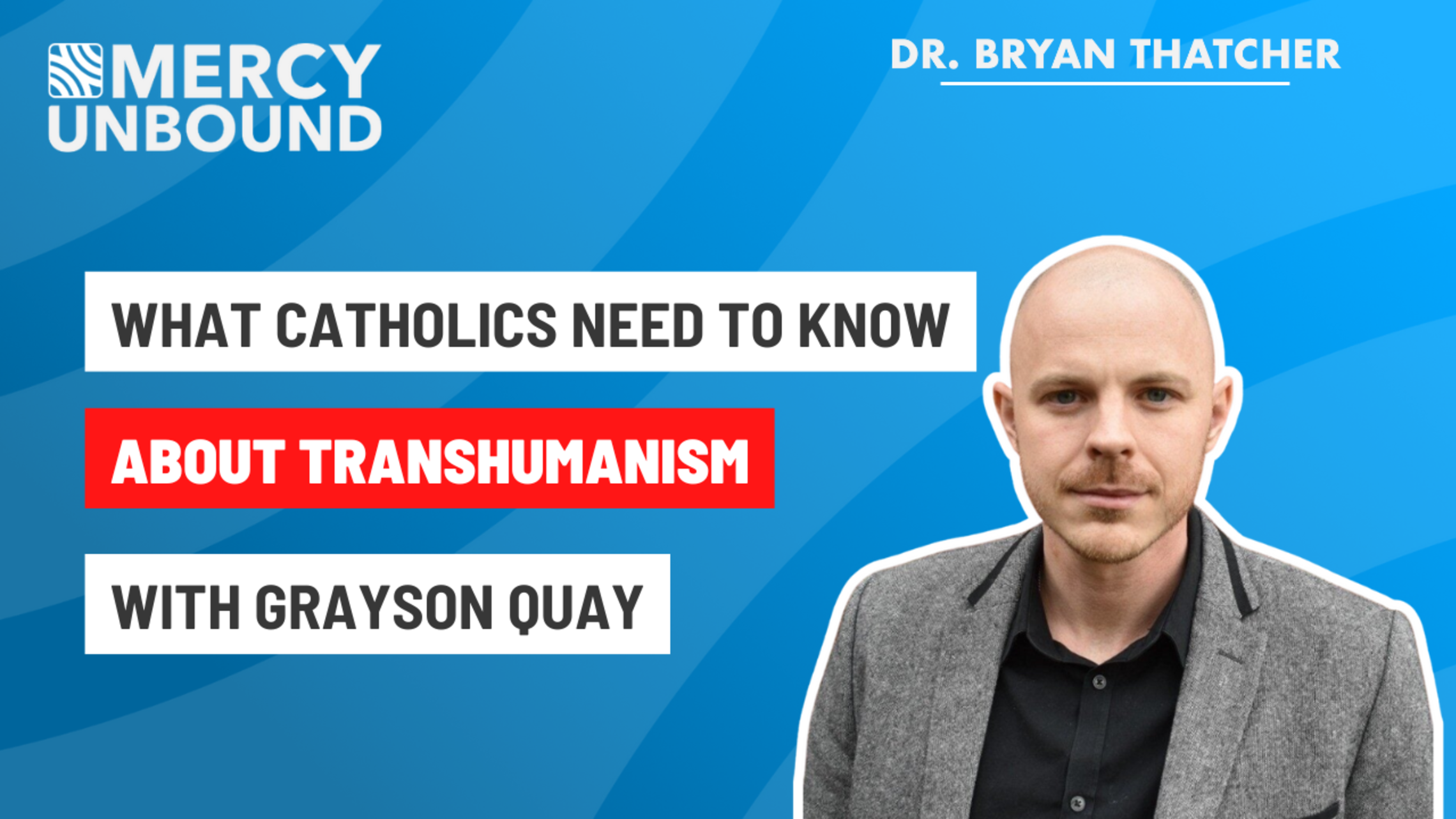Episode 22 with Mark Drogin
The Prodigal Son: New and Old Testament Perspective
Mark Drogin is a Jewish Catholic and discusses the story of the Prodigal Son from a Jewish Apostolic perspective.
Jesus and the Apostles were familiar with Ephraim, the rebellious northern tribe of Israel that was taken captive by Assyria and came to be known as the “lost sheep of Israel” (see Matthew 10:6). The Hebrew Prophets spoke of “Ephraim” repenting and returning, and God showing him mercy (see Jeremiah 31:16-20).
The story of the Prodigal Son is a generic version of Ephraim repenting, and of the Father’s mercy.
Who was Ephraim?
In the Old Testament Ephraim was the second son of Joseph, famous for his "coat of many colors" and as the favorite son of Jacob.
Ephraim’s mother was the daughter of the Egyptian High Priest. Centuries later, in the Promised Land, the Tribe of Ephraim became the head of the northern Tribes of Israel who rebelled against the Davidic Kingdom established in Jerusalem among the southern Tribes of Israel. These northern tribes fell into the worship of idols. Eventually, they were taken captive by Assyria and lost.
They became known as the “Lost Sheep of the House of Israel.”
Luke, Matthew, and the "Lost Sheep"
Luke wrote for gentile readers who may not have been familiar with this history of Israel. In the story of the Prodigal Son, found only in Luke's Gospel, the younger rebellious brother represents Ephraim (Israel) who left (Judea) for a far-off place. The faithful older brother represents the tribe of Judea in the south.
Matthew wrote for those who were more familiar with the Hebrew Prophets. Matthew records Jesus directing the Twelve to go “only to the Lost Sheep of the House of Israel” (Matthew 10:6); and declaring to the Canaanite woman that He was sent “only to the Lost Sheep of the House of Israel” (Matthew 15:24).
Forgiveness and Boundless Mercy
Both the story of the Prodigal Son and Jesus going to the “Lost Sheep” illustrate the Father’s Boundless Mercy and compassion for sinners.
Forgiveness of others, and self, is key in understanding the merciful love of God and also how we must forgive each other, and yes, even ourselves. God’s love and mercy is unconditional. When we pray the “Our Father” we ask God to forgive us of our trespasses as we forgive others. But for many, forgiveness of self is even more difficult.



